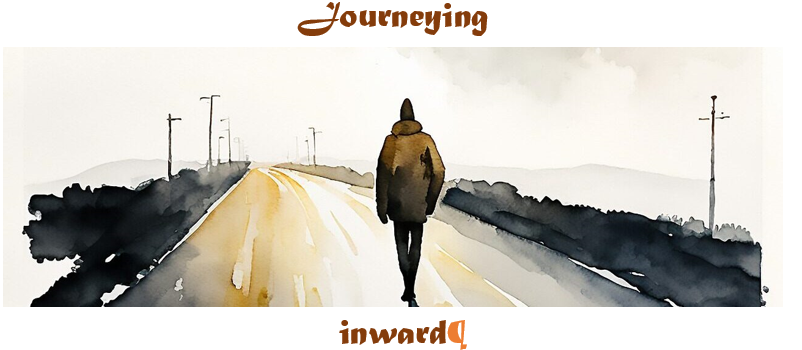I was fascinated by a widespread picture of how truth is defined in our cultural moment. In the picture two people standing on opposite sides were debating about a number that was drawn on the ground. On one side, someone was seeing a 6, and on the other side one was seeing a 9. My best guess is that the picture was meant to convey that truth is subjective (depending on one’s perspective). Carefully examining the picture, we would be left with two possible answers.
The first answer is that one is telling the truth and the other is not. But then who is? So, suppose we say that the facets of truth are facts. In other words, truth should consist of things that cannot be disputed in any way. Then based on this, we can therefore argue that this answer is wrong because each individual’s truth (the way they see the number) is based on the facts presented to them that are in turn dependent on where they are standing.
This brings us to the second answer, that stipulates that both are right, and telling the truth. However, the implications of this answer are quite numerous, and we are likely to be hit by ambiguities. For instance, if we are to say that they are both right depending on where they are standing, couldn’t we as well say that they are both wrong based on where they are not standing? In other words, if truth is relative and prone to change, can’t we then say that truth does not exist? Suppose we conclude that truth doesn’t exist, should we then believe in anything or anyone including ourselves? However, I could argue that this answer is also wrong as it is quite evident that there is a universal truth that is at play already in the world, we live in. For instance, using the example of the number, it is therefore, evident that the number exists. The existence of the number is what we can call the universal truth. The denial of the number’s existence would be absurd and would equate to the denial of our own existence in this life.
This brings attention to something hidden in plain sight, there is a third person in this picture that was not introduced. This third person is the owner of the picture, He is the one who drew the number in the first place, including the two individuals in the picture. The people in the picture are therefore debating on something that was not created by them. Similarly, you and I, mere spectators who are also closely looking at the number from a different perspective, have come in the picture as an arbitrator, and we are trying to explain to the two parties that what they are both seeing and saying is the truth. We further clarify that the perception of these two parties is dependent on where they are standing. But then the third person who is the owner or the artist of the picture comes in and disputes what we are saying. The owner asserts that what the first party in the picture is perceiving is the true nature of the number and that is to mean that it is indeed a 6.
So now truth has been redefined as neither dependent on the perception of the parties nor where they are standing as the arbitrator is suggesting. But truth is based on the third person, the owner of the picture. So, given these scenarios who then should be trusted? Should we then conclude that truth is subjective like the arbitrator (us) is saying? Of course, continuing to refute the meaning of picture against the owner’s perspective would be absurd, and pure arrogance. For instance, just imagine how infuriating it would be for you as the owner to have someone refute or distort the meaning behind the picture.
So, what is the point?
The point is that if truth is subjective (dependent on where we are standing), then it is fair to say that truth is meaningless, and life itself is meaningless. But if truth is objective (dependent on the owner) perhaps it would be wise to enquire the truth from the owner; to get meaning from the one who is the artist of the puzzling masterpiece. Wouldn’t you agree that would be fair and civil? Perhaps a better question to pose instead of what is truth? should be who is truth? Or in other words, who is the owner of truth?
